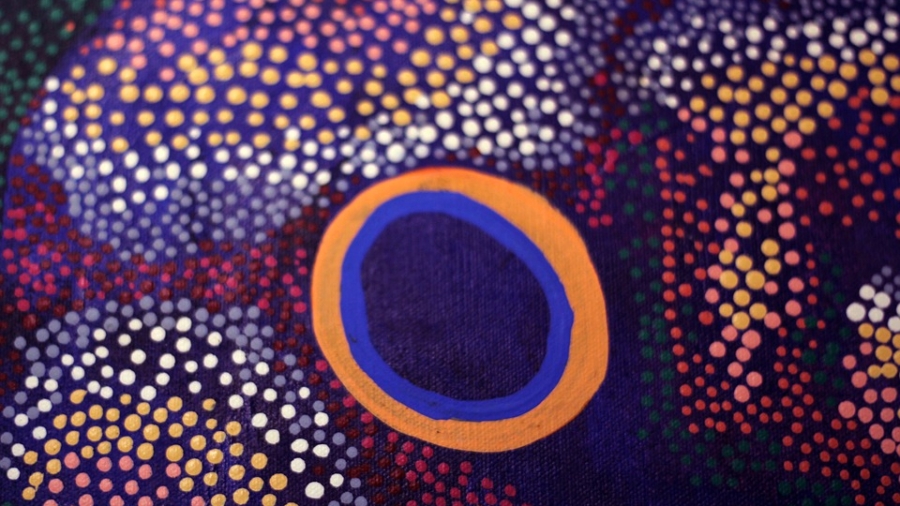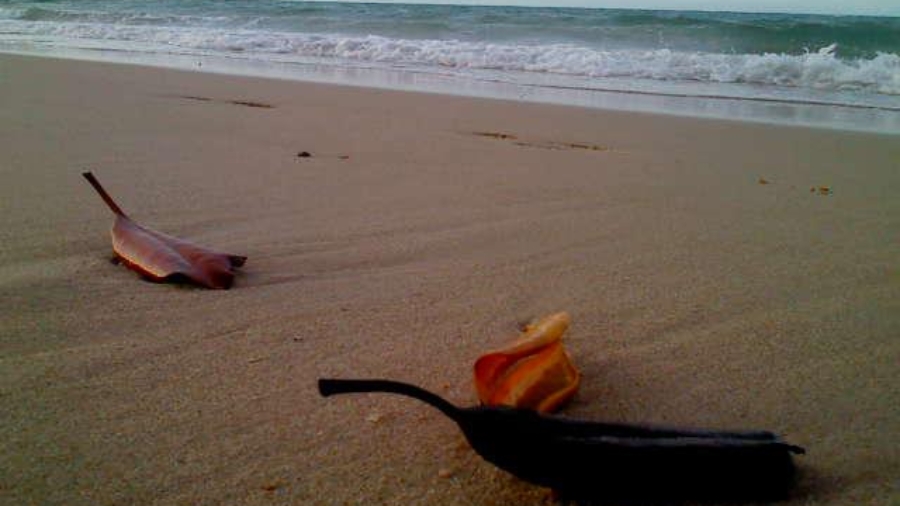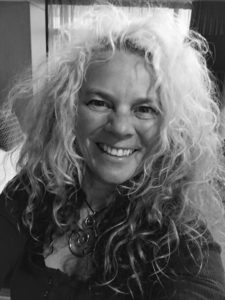This was the topic of a presentation I gave at the SNAICC Conference in Canberra in September, 2017. Thanks to some spontaneous video recording and retrieval work from another social worker sitting in the audience that day, I’ve finally been able to edit this together.
This presentation occurred as I came to the end of my contract with Relationships Australia NT, as Co-Ordinator of the Healing Our Children project. It was the culmination of about six years work; most of which was in the development phase working on an idea raised by concerned Elders on the Tiwi Islands, plus a further two and a half years to roll out a pilot program in remote communities on the Tiwi Islands, Katherine and Palmerston.
As a Co-founder of the project, I am proud of this work and what we have been able to create. I am incredibly grateful for the time I spent learning together with the women of the Tiwi Islands and NE Arnhemland about ways we can respond to domestic and family violence to protect children and prevent trauma.
This was a fantastic project because it was developed in community with community using the knowledge, wisdom and stories of Aboriginal people’s lived experience. It did not come from outside or abroad. Programs like this are not cheap to develop and involve a lot of sweat and tears, time and patience. We did it all on a shoestring!
I decided not to continue on in the role as Co-Ordinator because as much as I had invested in this project and believed wholeheartedly in what we set out to achieve, it was underfunded. I was employed for two days per week to support and mentor a team of local people in several communities. Unfortunately, the extension of funding beyond 2018 then reduced, rather than capitalised on the investment and success we had already made during this trial. This was disappointing, as the women and communities had invested so much of their energy and time voluntarily, on an issue they were passionate about addressing. It means that the local people employed in the project (which is one of the biggest aims of the funding) receive only casual wages and service delivery is sporadic at best.
We can do better than this.
My point is that I want to see projects like this properly funded, especially ones that are developed by communities for their own people. So they are sustainable and have every chance of enacting real change and closing the gap!
Everything that I brought to this project through my social work practice framework is represented in some form in this presentation. This includes strong values and a commitment to social justice, self determination and empowerment for Aboriginal people. This video may appeal to social workers interested in anti-oppressive practice, narrative community work or using metaphors in therapeutic work.
This presentation covers:
- Background to the ‘Healing Our Children’ project
- The culturally safe project model
- Shared values that underpinned the project
- Metaphors and how we came to use them in our training, therapeutic groupwork, resource development and evaluation
- The healing potential and therapeutic benefit of using metaphors in trauma work
- How the resource kit “It Takes a Forest to Raise a Tree” was developed
- How metaphors assisted us in safe dialogue with women who had children living at home with violence
Please note: Due to our video camera running out of batteries half way through, we have edited together the two parts of this presentation.
My hope is that ‘Healing Our Children’ moves beyond surviving, to thriving!
Support, follow and learn more here.
‘Healing Our Children’ project at Relationships Australia NT




